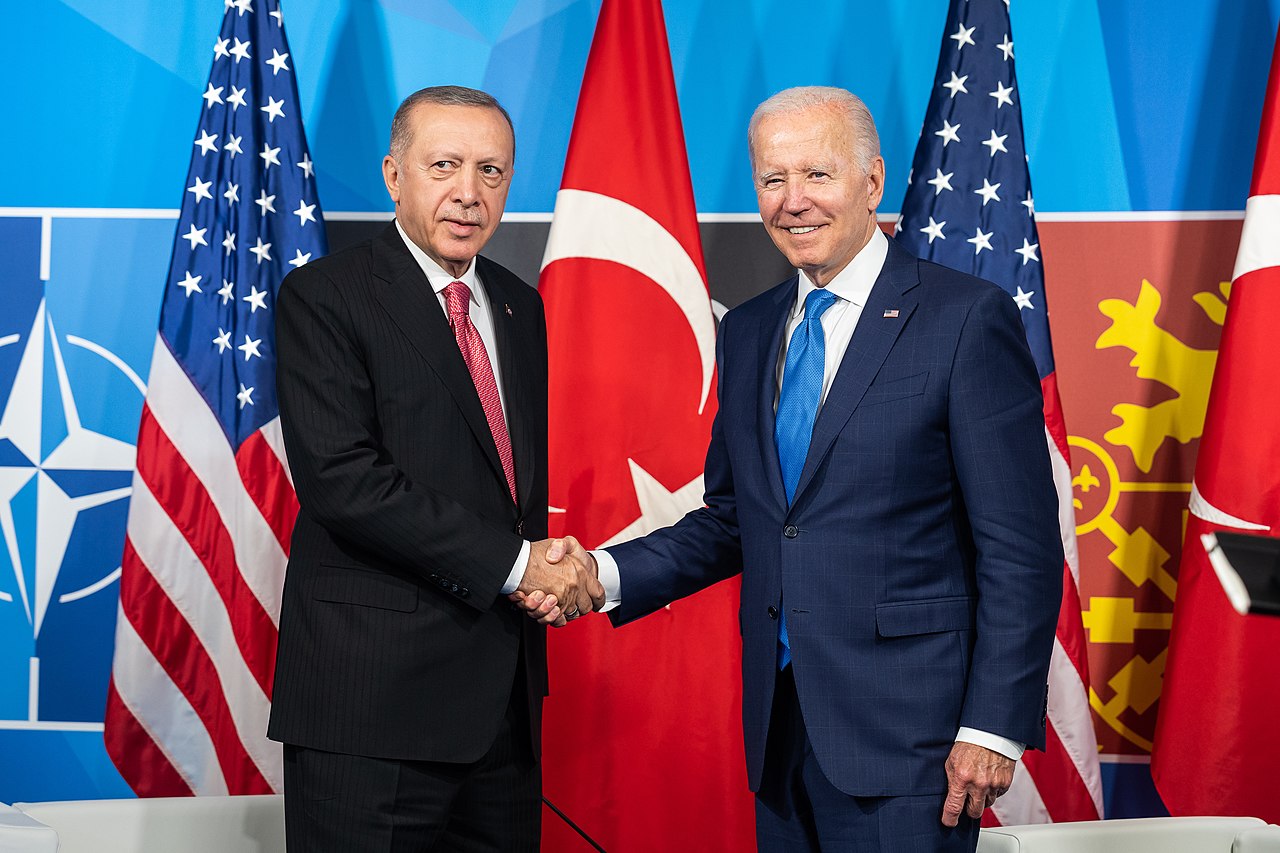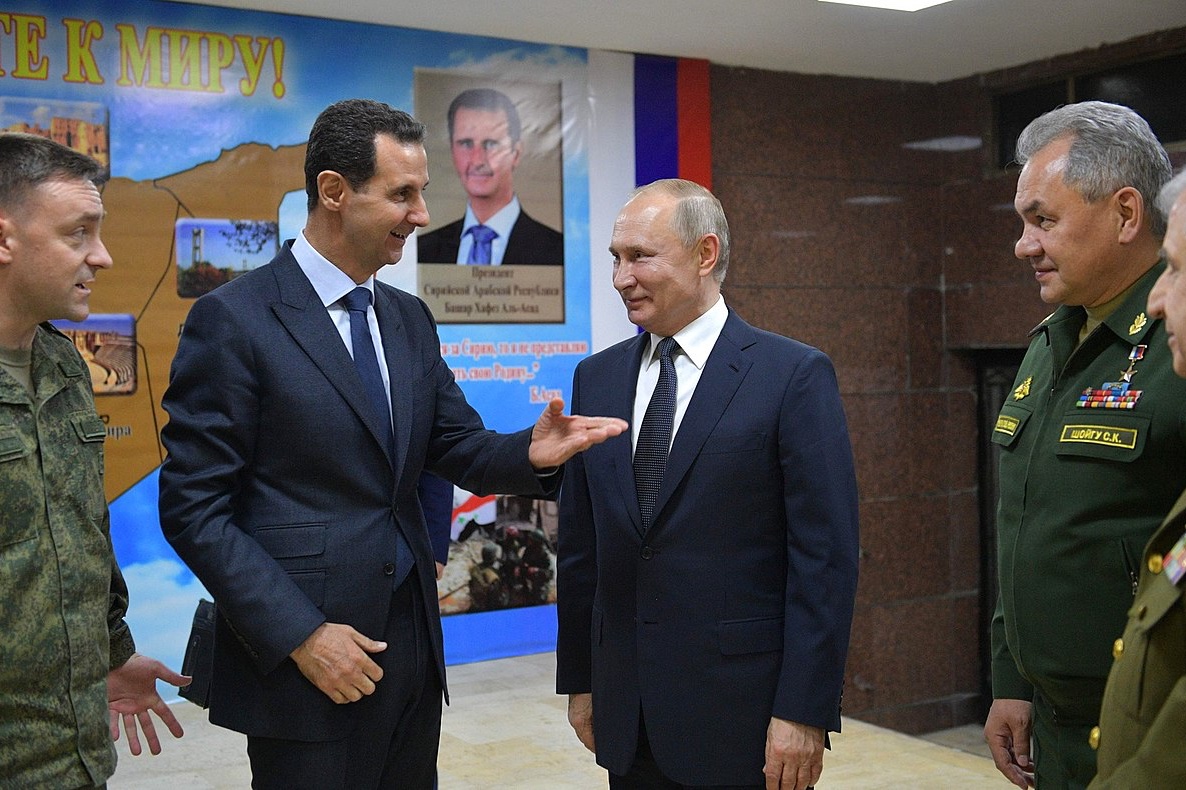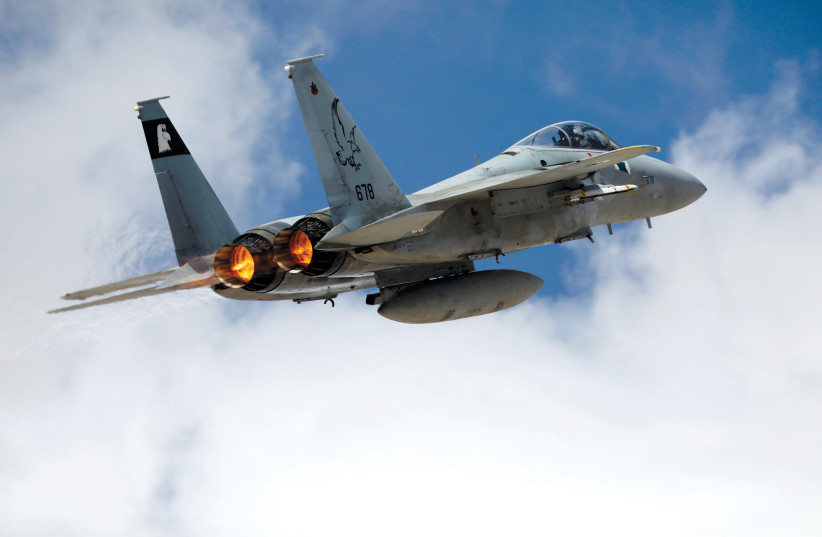Turkey's Zero Sum Foreign Policy - War on the Rocks
Aaron Stein
In the past three decades, four militaries and insurgent groups bracket fired American forces deployed abroad. In three cases, this ended badly for the attacker.
The Islamic State,
the Taliban, and
the Wagner Group all suffered from devastating airstrikes in response, punishing those that chose to open fire on American positions. The fourth military, however, escaped unscathed. Turkey is a NATO ally, and so the idea that the United States would respond with force to Turkish artillery fire is unthinkable. Yet during Ankara’s 2019 operation in northeastern Syria, Turkish units
repeatedly fired close to U.S. forces, risking the lives of American soldiers
without a formal military response.
Ankara’s aggressive actions in Syria are indicative of a much broader trend in Turkish decision-making and a telling sign of how Ankara views its relationship with the United States. After these events, the narrative focused on the details of the engagement. Washington
quietly chastised Ankara. Turkish military leaders
repeated that they take the utmost care when conducting military operations and never kill civilians. Turkish pundits
pointed out that that targeting of U.S. positions was, in fact, America’s fault for being so close to Syrian Kurdish forces. This framing is not wrong. Turkey has legitimate grievances over America’s policy in Syria. Washington, too, has legitimate grievances over Turkey’s approach to Islamic State. However, this focus on minute, tangential issues masks a much more troubling trend: Turkish President Recep Tayyip Erdogan is
willing to risk the lives of U.S. soldiers and use aggression to try and wrest concessions from both foes and allies alike.
Turkey’s foreign policy, therefore, has become nakedly transactional and zero-sum in almost every respect. This means that there is no broad rapprochement in the making for Turkish-Western relations. Instead, Western policymakers should adapt to the status quo, wherein Ankara views its ties with
Moscow, Brussels, Washington, and
Beijing as equally important — and will work with actors wherever government-to-government ties are deemed beneficial to Ankara’s interests.
Washington has yet to fully internalize this shift in Turkish policy and understand how Ankara’s drive for
political autonomy allows Erdogan to use Turkey’s membership in NATO — and historic alliance with the United States — to gain leverage. Ankara counts on Western leaders getting lost in debates about how “to handle Turkey” and ultimately deciding that some coercive response is necessary when Ankara does things that undermine Western interests. But inevitably that coercive response has to be calibrated because Ankara is a NATO ally. Turkey takes advantage of this asymmetry to challenge Western interests when Ankara has determined that such action is advantageous for its own regional priorities.
The frustrating thing for many in Washington in Brussels is that there is little — if anything — that can be done to manage Turkey and its foreign policy aspirations. Erdogan has proved that he will risk killing Americans so long that he can achieve his country’s security policies. When faced with a leader completely willing to disregard the reaction of its allies, Washington will be forced to respond to Turkish actions. The long-lasting outcome of these actions, however, is the cumulative disintegration of the key pillars, such as military cooperation, that have supported the U.S.-Turkish relationship for decades. This, in turn, ensures that grievance and disagreement will dictate day-to-day interactions between Turkey and its historical Western allies going forward.
The Roots of the Crisis
Turkish-Western relations have never been entirely copacetic. The two-sides have
clashed over
Cyprus and human rights and democracy issues. However, for close to four decades, Ankara and the West were aligned on the need to collectively prepare for war against the Soviet Union. To do so, Ankara depended on the United States for arms, funding, and equipment, while Washington turned to Turkey to pin down Warsaw Pact formations along NATO’s eastern flank. The end of the Cold War changed this dynamic. Turkey, naturally, sought to take advantage of the peace dividend and to carve out export markets for its growing numbers of private businesses and manufactures.
The main, systemic reason for current Turkish-Western tensions today stems from a mismatched understanding of threats. In particular, much of Europe, along with Washington, viewed al-Qaeda and its many offshoots, including the Islamic State, as the main threat to Western societies. Turkey, in contrast,
has struggled with an ethnic insurgency and the terrorist attacks the Kurdistan Workers’ Party has conducted in Turkey since 1984. During the Cold War, Washington was happy to
support Turkey in its fight against this group. During the “Global War on Terror,” however,
the divergence between Washington’s focus on al-Qaeda and its offshoots and Turkey’s renewed conflict with the Kurdistan Workers’ Party created the crisis that the two sides face today.
This crisis was manageable up until the Syrian civil war and, in particular, the rise of Islamic State. Turkish policy in Syria was initially built around a
basic premise: The budding Syrian opposition, which Ankara supported with financial and military assistance, would be able to topple the regime. Turkish leadership assumed Western states would assist the opposition with direct support, as well as airpower, to force the regime to capitulate. Turkey sought to carve out
a safe zone along the entirety of its border, which could house Syrian displaced persons, armed fighters, and the nascent Syrian government that Ankara was backing.
The start of the Syrian opposition coincided with detente between the Turkish state and the Kurdistan Workers’ Party. Erdogan’s Justice and Development Party once believed that the best way to resolve the longstanding Kurdish insurgency inside Turkey was through
direct talks with the group’s imprisoned leader, Abdullah Ocalan. The Erdogan-Ocalan relationship was driven, in part, by the Justice and Development Party’s broader foreign and domestic policy ambitions. On the domestic front, the party positioned itself as the new vanguard of a liberal Turkey and insisted that its Islamist history was actually a democratic asset. This led to a series of interlinked policies, the most tangible of which was the accession process with the European Union. In the Middle East, Erdogan’s party
suggested that the state’s historic, anti-Islamist stance had hindered Turkish outreach to the Arab-majority Middle East. Turkey, therefore, had the opportunity to increase its political and economic reach in its near abroad by leveraging a shared Muslim identity. This, Erodgan hoped, would break down barriers between the Middle East and Turkey, providing expanded access for Turkish firms — many of which
had ties to the government — in new and growing markets.
The government’s approach to the Kurdistan Workers’ Party was part and parcel of this strategy. Erdogan believed that he could marginalize the group through outreach to Iraqi Kurds and in doing so gain leverage over Abdullah Ocalan during peace discussion conducted through intermediaries. Erdogan never ruled out making concessions in this process. But these concessions
were dependent on the Kurdistan Workers’ Party disarming, perhaps in return for some greater authority granted to local leaders.
The peace process broke down for two main reasons: First, the Kurdish movement inside Turkey
managed to gain votes, and the gain in votes threatened to permanently challenge Erdogan’s parliamentary majority. Second, the war in Syria between Kurdish forces and Islamic State
spilled over the border into Turkey, and many Kurds in Turkey came to view Erdogan as a key enabler of Islamic State’s war against their Syrian counterparts. The Syrian Kurds truly believed that Ankara left the border open to Islamic State fighters, who were then turning their guns on Syrian Kurdish towns. The situation simmered for years, with
local clashes breaking out frequently, but with the state still having the option to turn to Ocalan to calm tensions when they boiled over.
This all ended in 2015, after Erdogan’s party briefly
lost its parliamentary majority and Erdogan embraced a more hawkish domestic policy to win over the country’s far-right nationalists. This partnership has endured, even if there are tensions within the coalition now ruling the country. The result has been a sustained militaristic approach toward the Kurdistan Workers’ Party. During the course of near-constant clashes for close to nine years, Ankara has succeeded in clearing Kurdish forces from southeastern Turkey thereby
moving the focus of fighting to Iraq and Syria.
Indeed, since 2015, Ankara has consistently worked to minimize gains made by Syrian Kurdish forces. The narrative in Turkey, which persists to this day, is that Ankara had to prevent the establishment of a
“terror corridor” along its border. This corridor stemmed from gains made by the Syrian Kurds, in tandem with the United States, in the campaign to remove Islamic State from the Turkish-Syrian border. To prevent this corridor, Ankara invaded Syria three times, each time in a way that hindered U.S. objectives against Islamic State. It was the final incursion, in 2019, that risked killing U.S. soldiers.










/cloudfront-us-east-2.images.arcpublishing.com/reuters/PAGRUMLG3BLAVJL7NTP4U3WVVE.jpg)